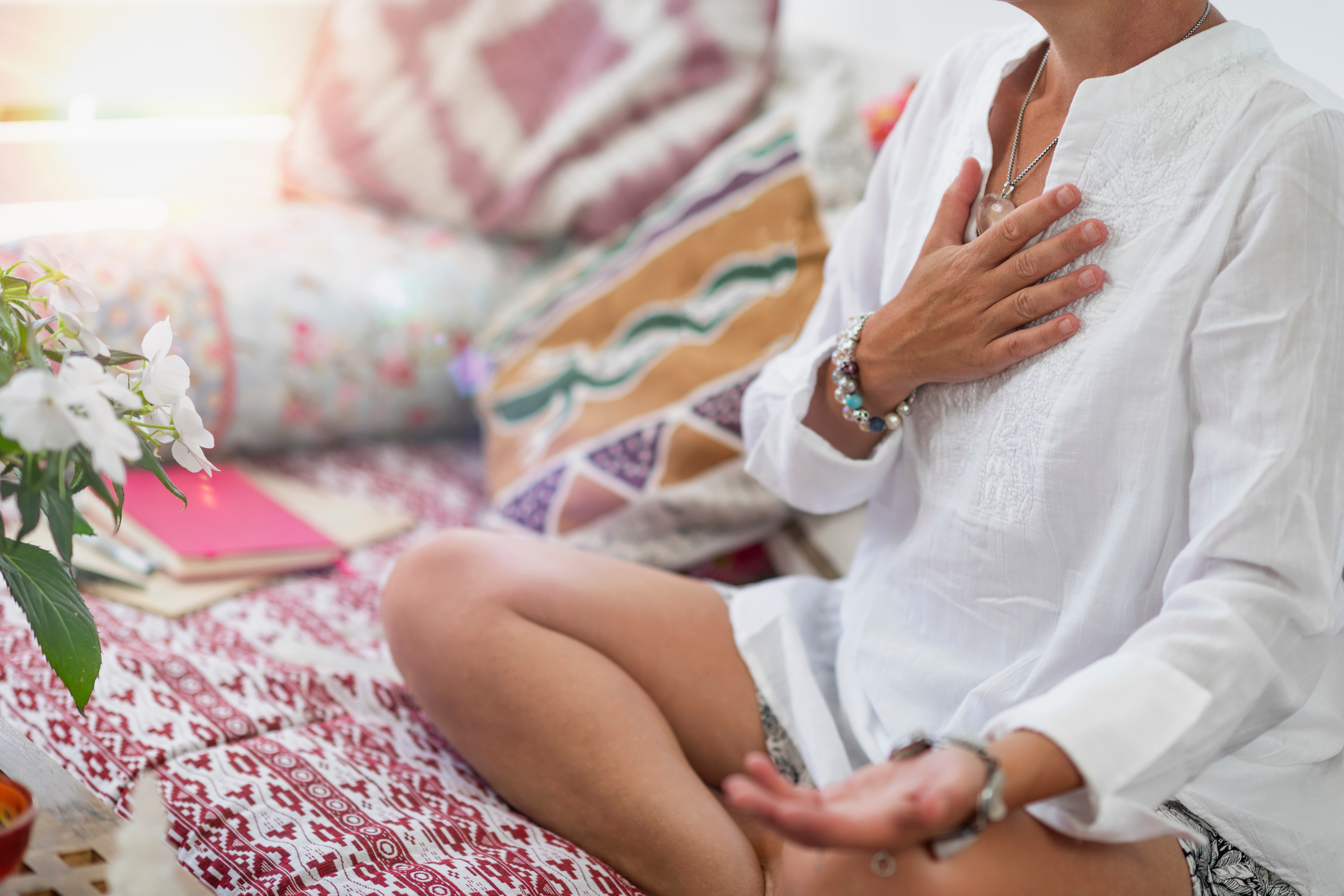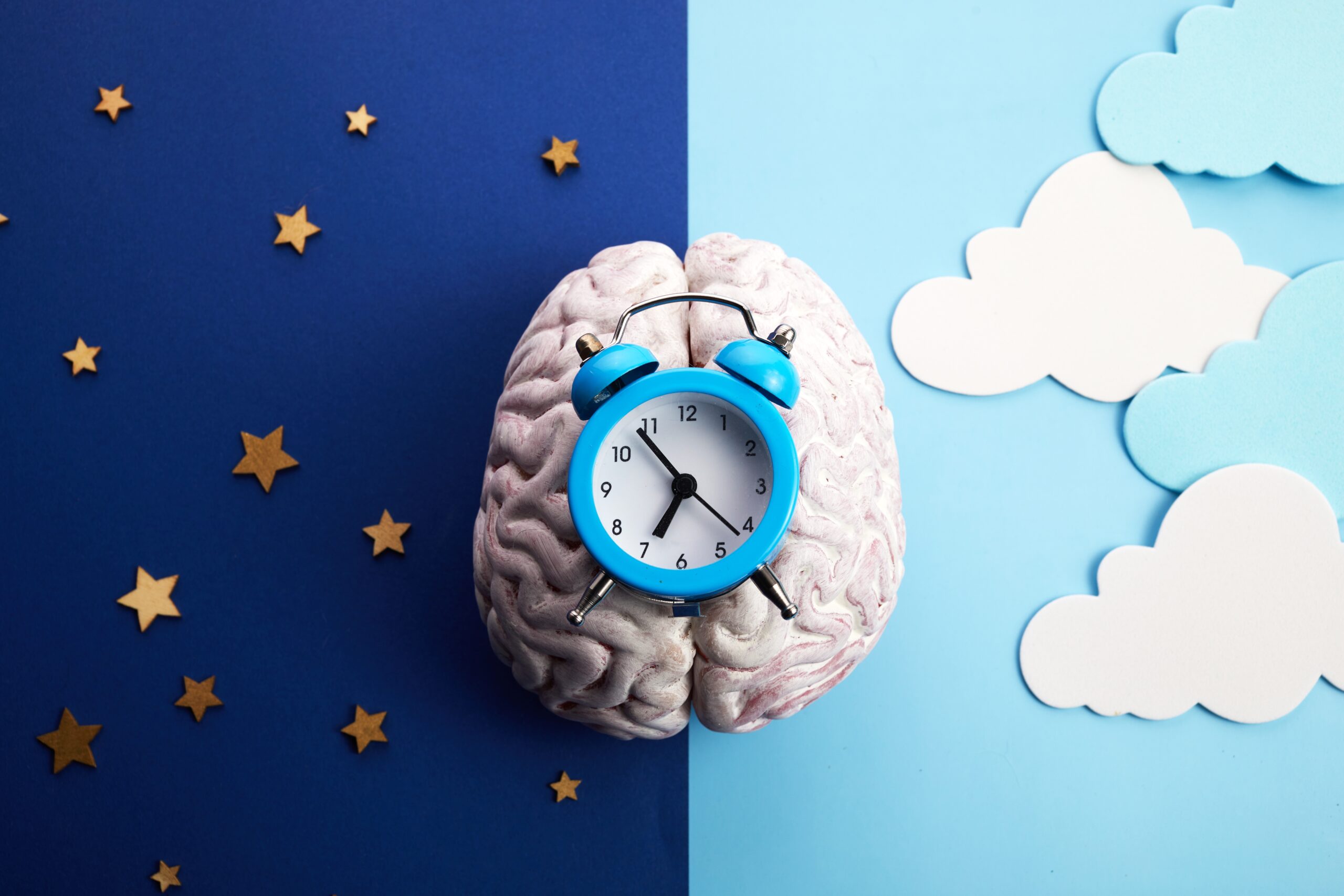The great Buddhist master Thich Naht Hahn once explained to a dear friend that there are two reasons to wash the dishes after a meal. The first is to have clean dishes. The second is to wash the dishes.
The stress that makes us need these things is everywhere: our relationships, work life and the news. We are constantly pummeled by things that induce a stress response. Yet, we often endure these things daily while waiting for time to decompress. What if you could have the ability to decompress on command? Mindfulness meditation offers that capability, and it is easier than you think to incorporate into your daily life.
Why be present? Because in the present, there is no worry, doubt, regret or stress. If you can imagine yourself sitting by the beach, focusing on your breathing and the beautiful surroundings, you will know this is true. During these times, there is no yesterday, no tomorrow, only now. Finding the ability to bring yourself wholly into the now at will and using it daily will change your life in amazing ways.
According to the American Psychological Association, mindfulness has the following empirically supported benefits:
- Reduced rumination and depression
- Stress reduction
- Boosts to working memory
- Focus
- Less emotional reactivity
- More cognitive flexibility
- Relationship satisfaction
Mindfulness meditation is a state of being wherein you focus on your surroundings. Start by focusing on your breathing, which allows you to anchor yourself in the present moment. There is no more pure way of being present than attention to inhalation and exhalation. Once you have focused on your breath, think of your body. Feel your toes, feet, legs, hips, abdomen, and so on, taking your time with each body part. Doing so will help ground you in the present.
Start small. Begin by sitting in silence for 5-10 minutes, first thing every morning and every night before bed. If your mind wanders in the beginning, let it. Try to envision yourself sitting on the bank of a river and let the thoughts that enter your mind be leaves floating by. As your practice deepens, you will notice fewer and fewer leaves.
Once you feel comfortable meditating, you can bring this spirit of mindfulness with you as you live your life. You can meditate as you walk, cook, clean, etc.
Conducting this practice daily should produce immediate benefits. In the morning, it will set the tone for your day, and in the evening, it will set the tone for your sleep. Daily practice will help you develop the habit and ability to summon calm feelings at any moment over time. It’s easy to think of meditation mindfulness as something you do alone or in complete silence at the beginning or end of your day, but there are many more ways to incorporate mindfulness into your daily routine. Once you have done so, mindfulness will ultimately reduce stress in all aspects of your life.
Remember: when you are truly mindful, the purpose of doing the dishes is simply to do the dishes.








Leave A Comment